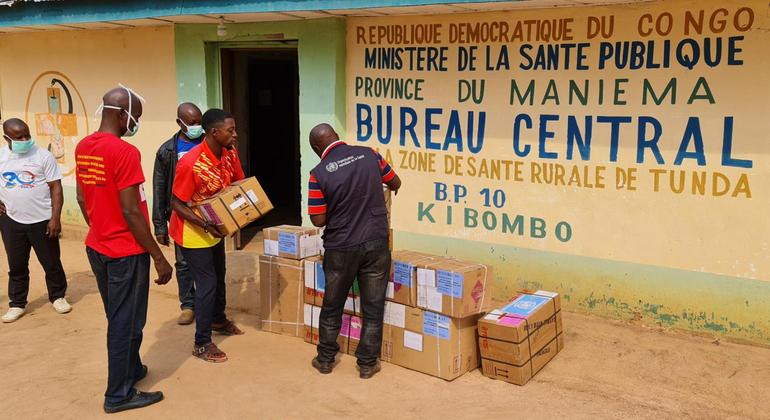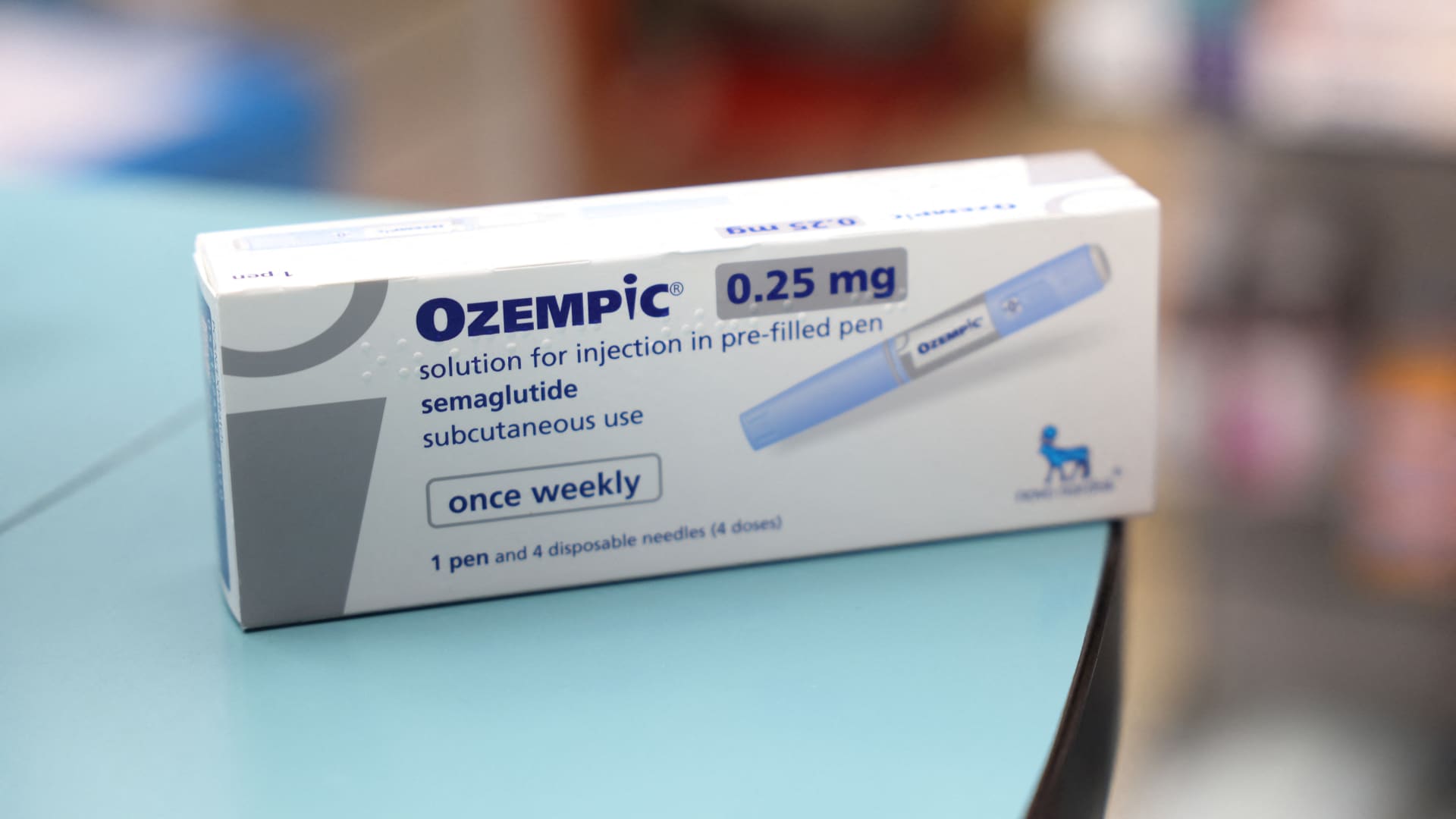This puts young people at greater risk of sexually transmitted infections, unsafe abortions and unplanned pregnancies.
The new data were released as part of the multi-part study on health behaviour in school-aged children, which surveyed more than 242,000 15-year-olds in 42 countries across Europe, Central Asia and Canada between 2014 and 2022.
General decline in condom use
The UN health agency said the data showed that “It is clear that the decline in condom use is widespread and extends to several countries and regions.“.
Overall, the proportion of sexually active adolescents who used a condom at last sexual intercourse It fell from 70 percent to 61 percent among boys and from 63 percent to 57 percent among girls. between 2014 and 2022.
In addition, nearly a third of teens reported not having used either a condom or a birth control pill during their last sexual intercourse.
Socioeconomic differences also come into play in the report: teens from low-income families are more likely to report not using a condom or the birth control pill as their last sexual encounter than those from more affluent families.
Sex education under attack
One reason for the shift in unprotected sex is the reluctance of many countries to provide sex education in schools, WHO said.
“In many countries, age-appropriate comprehensive sexuality education continues to be neglected, and where available, In recent years it has been the target of increasing attacks under the false premise that it encourages sexual behavior.“The truth is that equipping young people with the right knowledge at the right time leads to optimal health outcomes linked to responsible behavior and decisions,” he said. Dr. Hans Kluge, WHO Regional Director for Europe.
He highlighted the cascade of negative outcomes that result from such behaviors, from higher health care costs to disruptions in young people's education and career paths.
“By empowering adolescents to make informed decisions about their sexual health, we ultimately safeguard and improve their overall well-being. This is what all parents and families should want for their children, everywhere,” she concluded.












